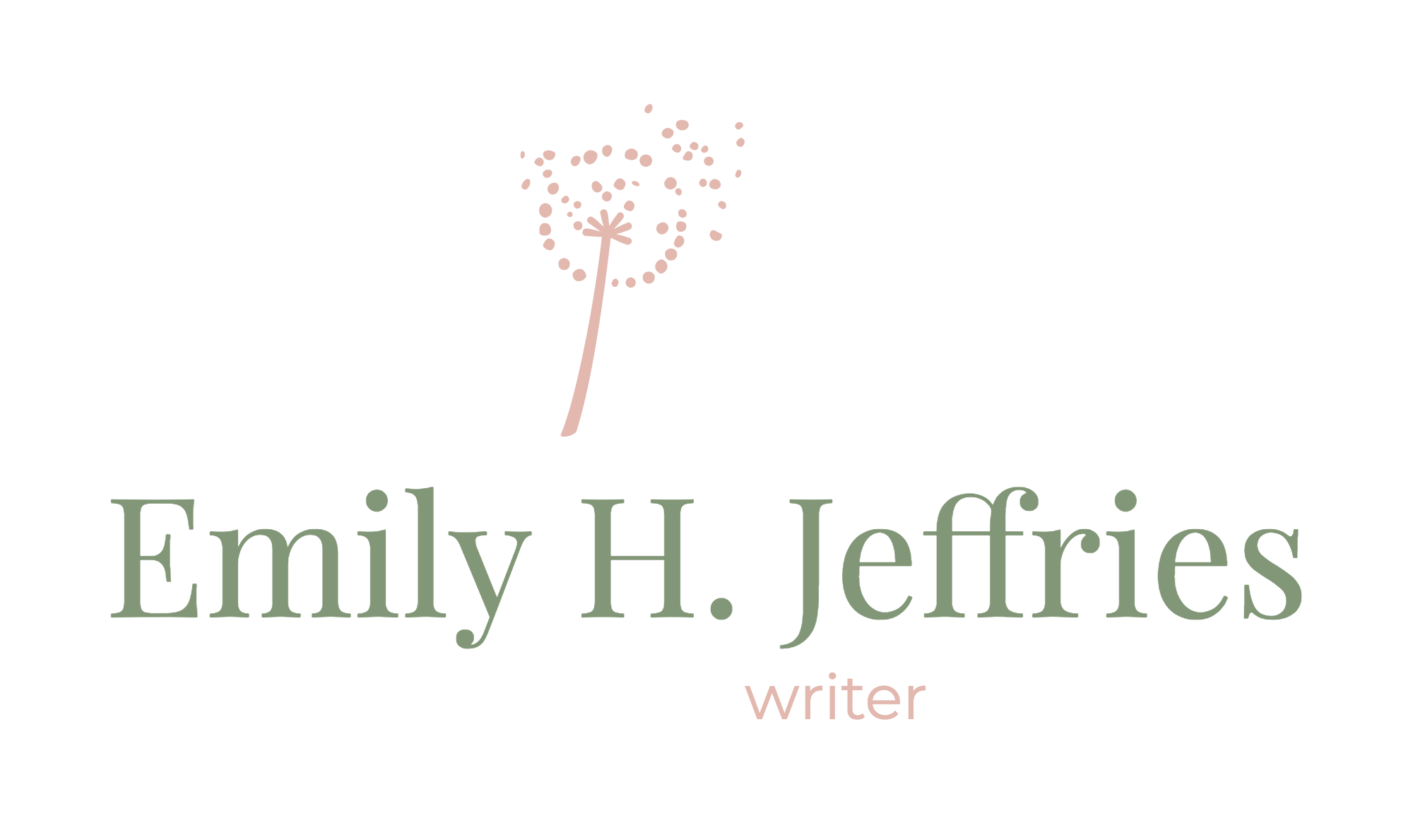The Unspoken "One Parent Rule" of Storytelling
By the 90s, Disney was totally over the whole “two parents” thing. This aggravated my mother to no end.
“Where is Queen Trident?” she cried. “Did the inventor come across Belle in a Moses basket?” she jeered. And of course we all know what happened to Mufasa … that dastardly Scar.
My mother has a lot of conspiracy theories, and it is scary how frequently they turn out to be on point. But what about this one parent thing? Did storytellers start dropping the parents to make a sociological statement? Or is it simply a storytelling device?
If you are looking to read or write a wholesome children’s story, this issue should be a consideration. From a theological point of view, the ideal family mirrors the Holy Family: Father and Mother bound by matrimony, together raising a child (or children) in love. Or, if you prefer, a family should echo Christ’s relationship to the Church: Bridegroom is wedded to the Bride and serves as the head of their spiritual children.
That is not to say all families in good stories must look like the Holy Family. Roald Dahl, for example, emphasized the goodness of loving, generous parents by writing horrible, gluttonous, selfish parents (see Matilda). J. K. Rowling did much the same thing with the Dursleys. (Mom has a theory about British children’s lit writers and dark imaginations, but you’ll have to ask her about it yourself). The recent film version of Cinderella expressed the wholeness of a complete family by revealing the sadness that comes with a loss.
But Disney did seem to have a stint where all it produced were princesses without mommas. Ariel, Belle, Jasmine, Pocahontas … no mommas and no mention of mommas. And if you'll notice, these characters were all romantic dreamer types who wanted to break free from the monotony of their lives. A father figure is a more fitting foil for this kind of character, because he is more likely to want to shelter his daughter from the world. This could be why Marlin from Finding Nemo was a more effective character as a male fish than as a female fish.
(On the other hand, Disney later found no problem in coming up with a maternal character who went to extremes to shelter her child … of course she was an evil witch and there is an entire bone-chilling song dedicated to her psychotic manipulation skills … Tangled, anyone?)
But these days, Disney movies are not at all the only conspirators in the one parent rule. In fact, many storytellers have taken to simply killing all parents off. Just look to any popular YA novel on the shelves: Divergent, The Hunger Games, The Maze Runner …
You see the trend, right? All the above stories -- from Disney to Collins -- belong to genres that do not require a high element of realism. Normally, when writing a story with a fair amount of suspension of disbelief – fantasy, dystopian, horror, kid lit – the story is not about the home life; it’s about the departure from the home life. So why bother with getting to know the parents? We want to get to the adventure as quickly as possible. Meanwhile, “contemporary fiction” has to include the parents, because realism is a concern (see The Fault in Our Stars or Eleanor and Park), and because parents can more easily be integrated into the global plot.
So is the one parent rule propaganda or a story device? Perhaps it is neither. Perhaps it is just a little lazy writing. I think what many storytellers fail to address is that leaving one parent out will raise the question: what happened to the other parent? And if that backstory is not integral to the plot, the audience feels cheated.
There is nothing intrinsically wrong with writing or reading a story without a complete family, particularly if that fact is critical to understanding your protagonist (see Anne of Green Gables or Oliver). But be wary of stories that kill off parents too easily, fail to depict parents as complex characters, or make parents out to be idiots compared to their children. These kinds of stories fail to recognize the huge effect parents have on their children. Even in high fantasy, respecting this kernel of truth can go a long way toward earning the trust of your audience.
After all, who would Frodo be without the example of his father figure, Bilbo?
What do you think? Should all heroes and heroines have two parents? Have you experienced a story lately that obeys the one parent rule? I’d love to hear from you!
Don’t forget to look out for the totally revamped website, branding and design by the illustrious Rachel Grantham! Details coming soon!


